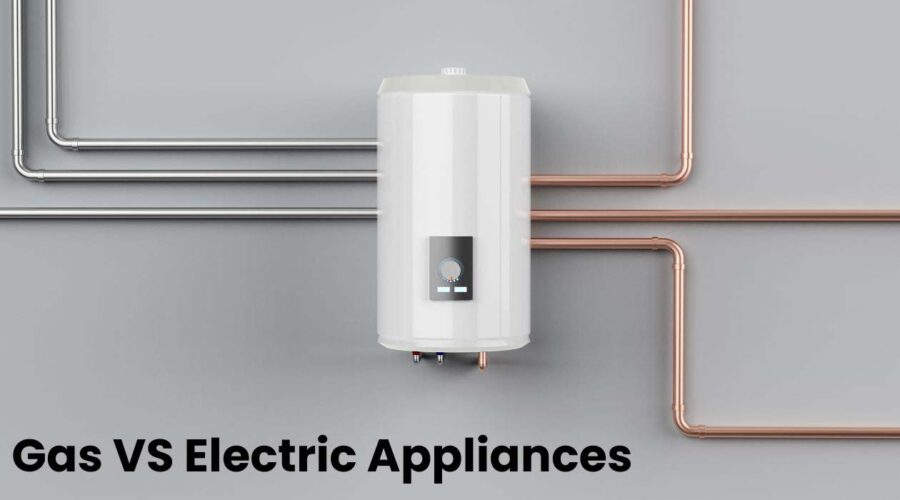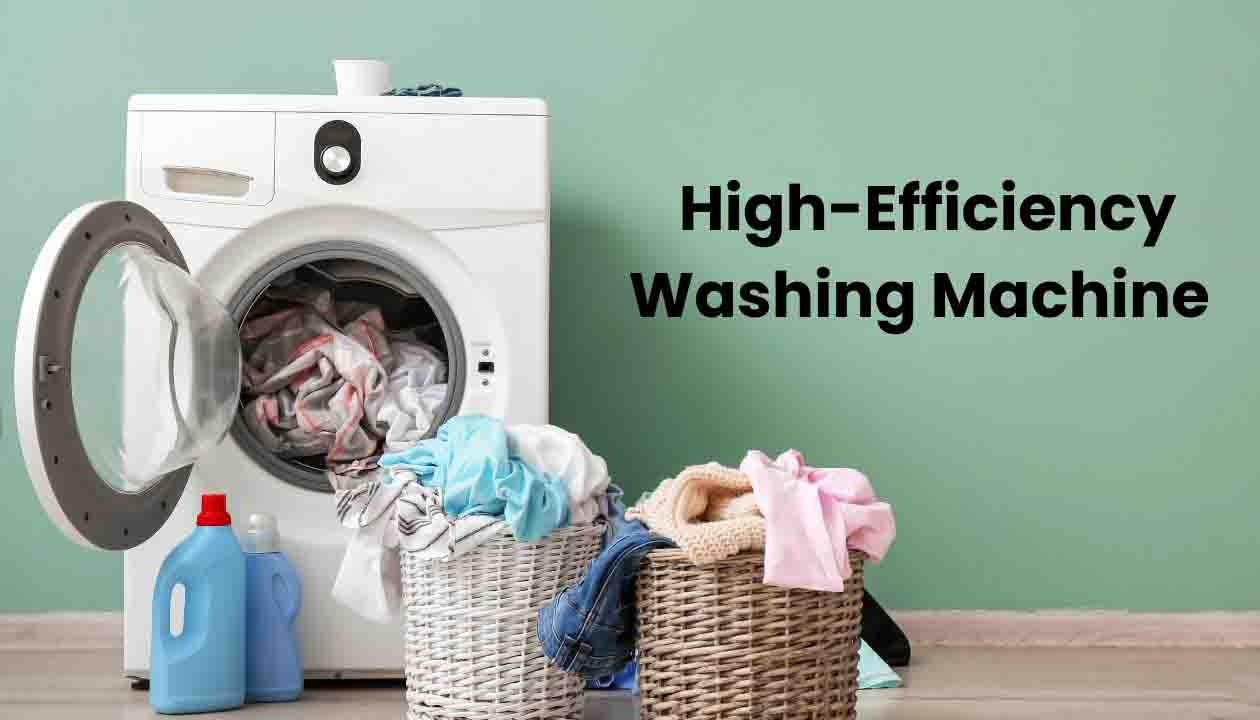Gas vs. Electric Appliances: Which Is Easier to Repair in Iowa
Some Iowa households rely on gas and electric appliances. Those appliances offer different benefits and challenges depending on the specific needs of the various families. Each type conveys a different message, whether cooking on a gas appliances or washing clothes with an electric dryer. While they can perform very well in a household, one primary concern for homeowners is repairability. Personal choices that involve either gas vs electric appliances will likely affect the ease and cost of repairs and, thus, maintenance down the road. This blog compares both, looking at the pros and cons and repair considerations to assist Iowa homeowners in their final choice.
The Basics: Understanding Gas vs Electric Appliances
Before coming to the specifics of the repairs, it is important to understand what distinguishes gas appliances from electric ones. Gas appliances work on natural gas, which usually means higher heating capacity and efficiency in cooking and heating. The most common gas appliances are stoves, water heaters, and dryers. Next, electric appliances work on electricity, and while they may not heat as efficiently as gas appliances, they are often easier to install and maintain. Examples of electric appliances include ovens, refrigerators, and electric dryers.
Repair Considerations for Gas Appliances
Gas vs electric appliances are often preferred in Iowa homes for their energy efficiency and rapid performance. However, when it comes to repair, gas appliances present specific challenges.
1 Safety Issues
The primary consideration while repairing gas appliances is safety. Gas lines transport combustible fuel; therefore, any problem, such as a leaky gas line, can lead to fire or explosion hazards. This makes it imperative that the repair be attempted only by a qualified technician with specialized knowledge and training in gas safety. Never attempt to make repairs on gas appliances unless you are professionally trained to do so.
2 Complexity of Components
Generally, gas appliances are more intricate than their electric counterparts. For instance, a gas cooker includes the gas line and burner components, along with the ignition system that requires precise calibration. Such components wear out or malfunction from time to time and need attention to work again properly. Similarly, gas water heaters often include pilot lights and burners that may function poorly and create problems sometimes.
3 Cost of Repairs
Gas repairs tend to be more expensive than electric appliance repairs because of the intricacies of their systems. Depending on the issue, parts such as regulators, thermostats, or burners–all rather costly not only for the parts themselves but for labor when a licensed technician is needed for gas-related repairs-may have to be replaced.
Repair Considerations for Electric Appliances
In contrast to gas vs electric appliances, electric appliances tend to be more straightforward when it comes to repairs. However, they have their own set of repair concerns.
1. Electrical Issues
Electric household appliances are powered by electricity alone, implying that most of the problems presented usually arise out of electric malfunctions. An electric dryer, for instance, may stop spinning if it has a bad motor, or an electric oven may not heat up if it has a defective heating element. Repairing such problems generally poses less of a challenge than diagnosing the gas appliances’ various difficult-to-repair components.
2. Lady of Most Leaving Kind
Electric appliances create theoretically less hazardous work since, other than threats of electrical fires from faulty wiring or overloaded circuits, they contain no flammable gas. This makes repairs of electric appliances ironically slightly less hazardous. Nonetheless, an untrained homeowner should never consider doing electrical repairs for electricity takes one’s life in an instant.
3. Cheapness of Repairs
Electric appliances will usually appear to cost slightly less in repairs compared to gas ones since they are simply more likely to be made up of fewer components that could go wrong. Thus, the repair or replacement of heating elements or thermostats if electrical water heaters go wrong is usually quite cheap compared to the repair of gas water heaters which may require repairs like burners and gas line repairs.
Pros and Cons of Gas vs. Electric Appliances
To further help Iowa homeowners decide between gas vs. electric appliances, it’s useful to examine the pros and cons of each option:
Gas Appliances
Pros:
- Energy Efficiency: Generally considered more energy-efficient than their electric counterparts, gas appliances often lead to cheaper energy costs in Iowa.
- Quick Heating: Appliances like stoves and water heaters tend to provide faster and improved service during time-dependent tasks.
- Reduced Operating Costs: Over time, gas appliances will incur lower operating costs, especially for large appliances such as water heaters and dryers.
Cons:
- Higher Repair Costs: Repairing gas appliances may require trained personnel, which increases their cost.
- Safety Risks: There is always the possibility of gas leaks, which have serious potential health and safety consequences.
- Complicated Installations: Gas appliance installations will typically need a professional plumber or technician to do the job properly, including any necessary venting and safe connections.
Electric Devices
Pros:
- Easy to handle: Electric devices are, in a general sense, easier to handle and maintain, with not many complicated parts.
- Less cost-intensive repairs: Repairs for electric devices are much cheaper, and almost anybody can do these.
- Safety: These appliances have a reduced concern about risks related to fire and explosion when compared to gas appliances.
Cons:
- Slow heating: A gas appliance heats more rapidly than electric devices, which might be slightly inconvenient in cases of cooking or hot water needs.
- Higher cost of operation: They are somewhat expensive only provided in areas like Iowa, where it might be much costlier in operational phases.
- Less energy efficient: Electric appliances have indeed advanced in how they earn energy efficiency, still, it is much less efficient than gas appliances, especially for high-demand functions.
Which Is Easier to Repair in Iowa Homes?
It is apparent that concerning repairs, gas vs electric appliances are generally more difficult and expensive to repair. Electric models are simpler; thus, fewer specialized parts and less need for the advice of a professional repair service. Gas appliances are energy-efficient and highly powerful. However, they require a greater degree of expertise when repairs are made because of much more complex systems alongside the safety risks involved.
But when it comes to gas vs electric appliances, your choice will depend on what you specifically need. You may choose this to outweigh costs in terms of repairs if you would like to infuse an exceptional standard in both efficiency and speed through gas appliances. On the other hand, if an appliance free from repair inefficiencies and affordable to repair cannot go wrong amid your priorities, settle for electric.
Conclusion
Whether you have gas appliances or electric ones, regular maintenance and prompt repairs are essential to ensure your appliances continue to work efficiently. At GOGETFIX, we specialize in both gas vs electric appliances repair, offering affordable and reliable services to homeowners in Iowa. If you need assistance with appliance repair, don’t hesitate to contact us! Let our expert technicians handle your appliance issues, so you can enjoy peace of mind and a smoothly running home. Contact GOGETFIX today for fast, professional repairs!



